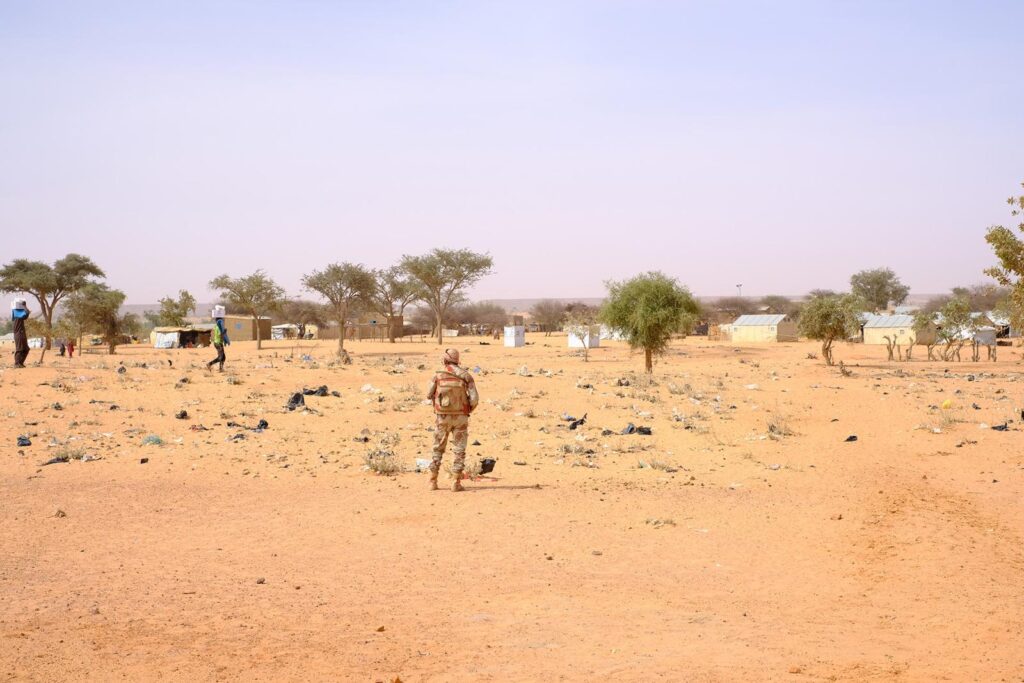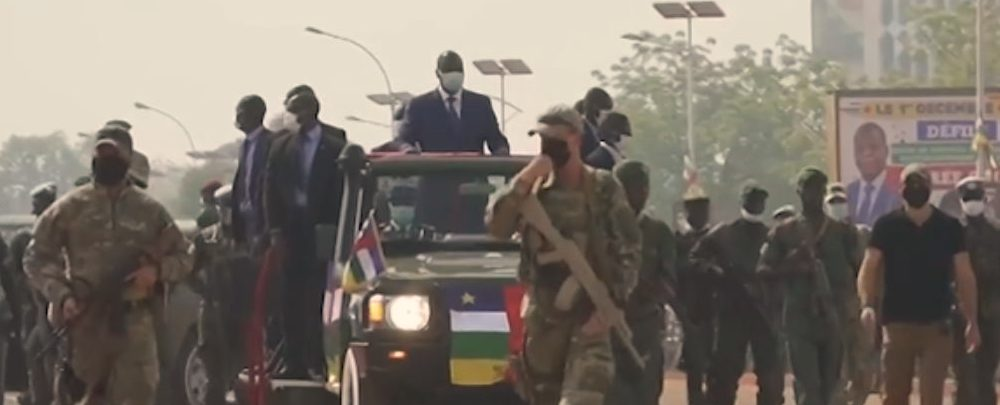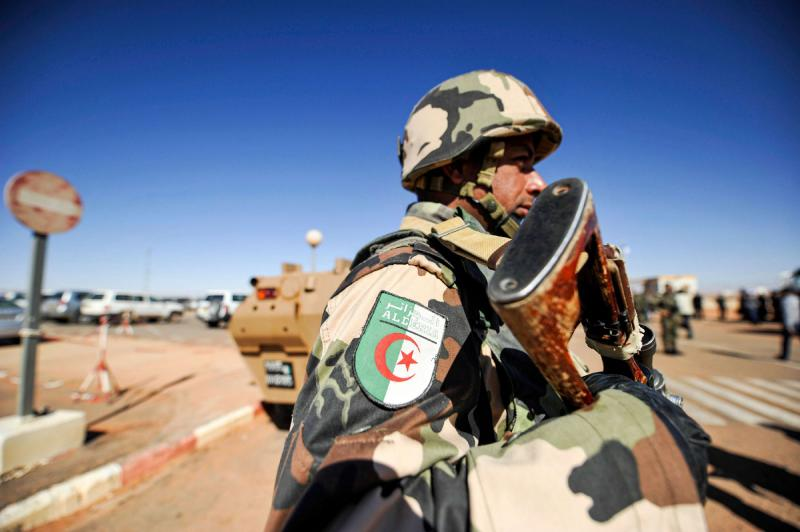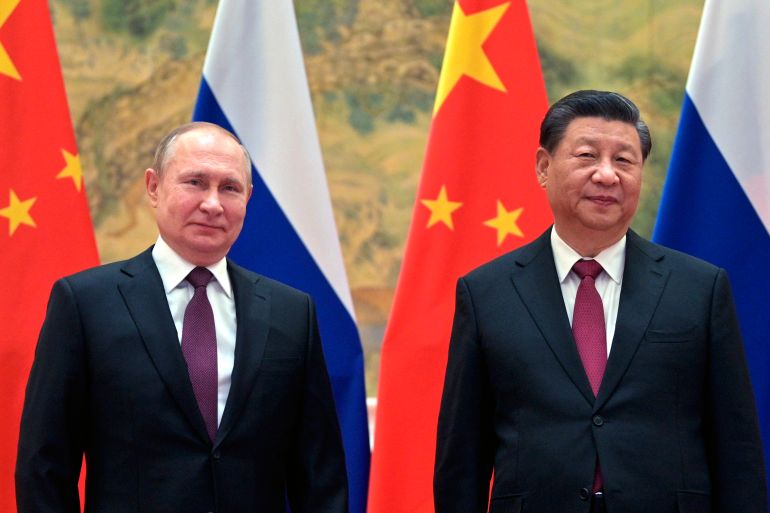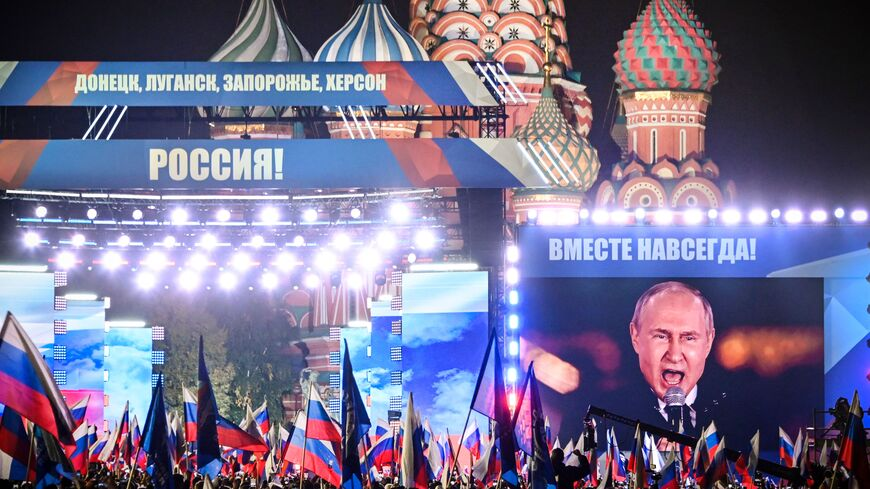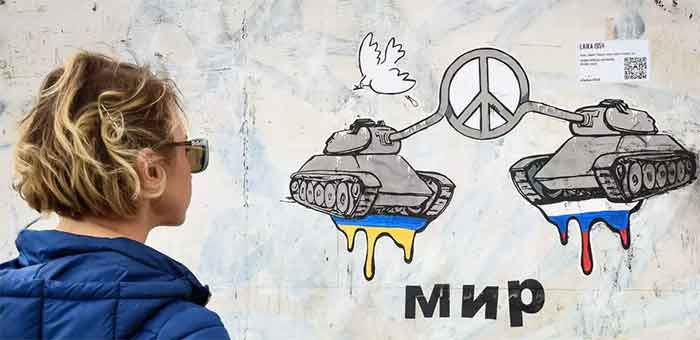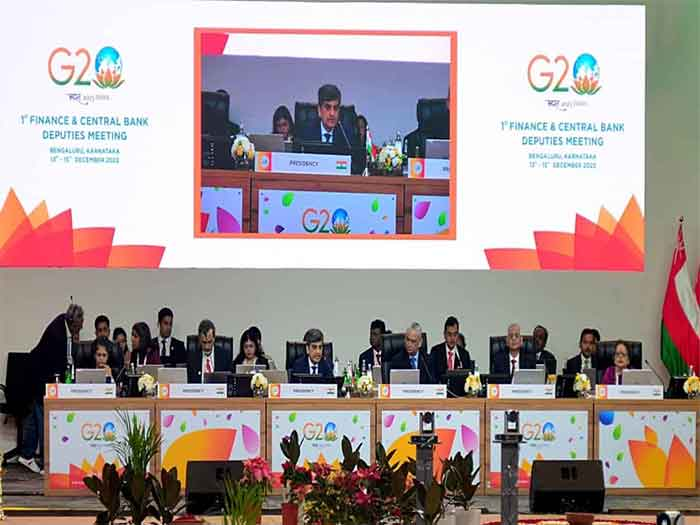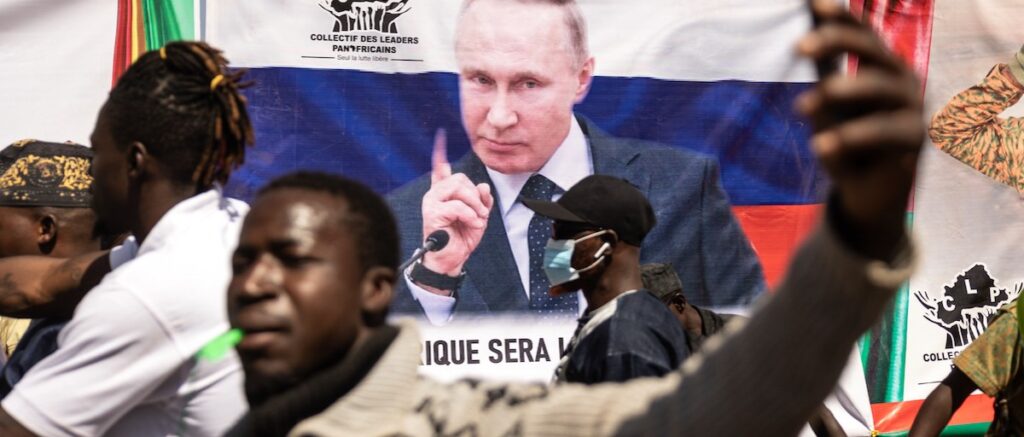South Sudan’s Kiir to attend Russia-Africa summit in July
The Russian’s leader Vladimir Putin has invited his South Sudanese counterpart, Salva Kiir for the Russia-Africa summit.
This year’s summit, a Russian envoy said, will take place at St. Petersburg in July.

